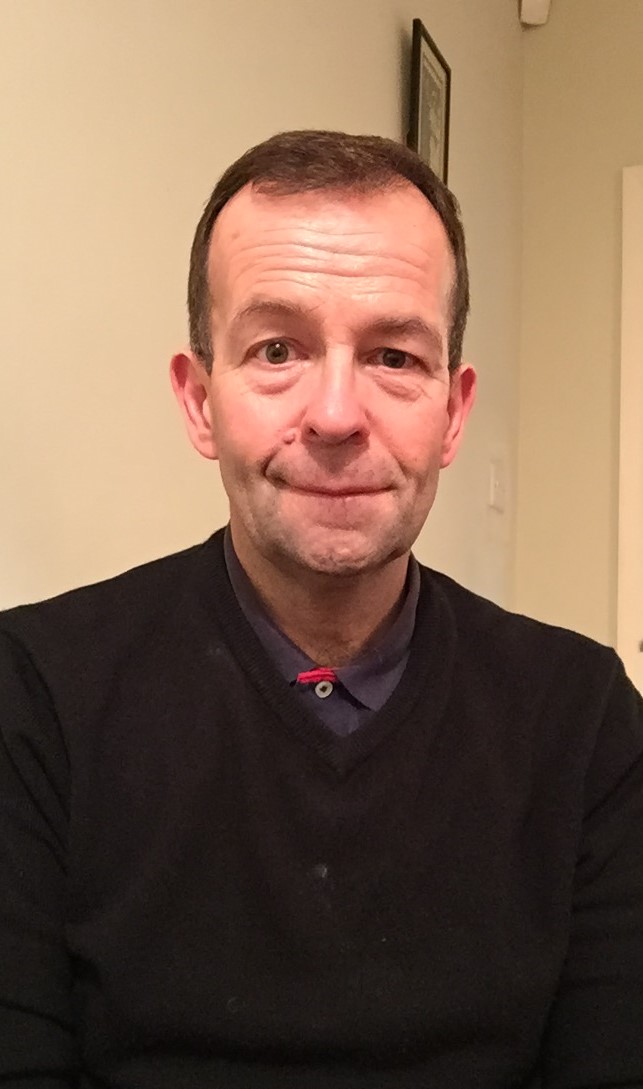Steve Phillips, Wolfson College, 2016-2017
Prior to Cambridge University I had spent over 30 years working as both a Chartered Surveyor and Chartered Construction Manager within the UK ACE sector. I carried out a variety of roles including; board member of a large social housing landlord organisation, director of a property management company and managing director of a niche surveying practice which specialised in the dispute resolution of service charge claims with respect to multi-million-pound residential major works regeneration contracts.
Dissertation title:
The Role of BIM in Retrofit 2050 within the UK Social Housing Sector
Students report:
Why did you do the ESD MPhil?
I completed a Doctorate of Engineering (EngD) in Construction Innovation at Loughborough University and became very interested in what sort of legacy is going to be passed onto future generations of Engineers and Surveyors. Inevitably that lead me to becoming interested in all things sustainable and there is no better place to study sustainability than the Engineering Department at Cambridge University.
How did it help you?
The ESD MPhil was, without doubt, the most stimulating academic course that I have completed, and it was a real privilege to be part of the 16/17 cohort. I had been using traditional methods of solving engineering problems for many years, but the course has enabled me to make a 180-degree change in my thought processes and move towards a holistic viewpoint which considers adopting a system based approach to addressing engineering problems.
What are you doing now?
One of the drivers for me applying to Cambridge was that I wanted to go into academia on a full-time basis and I am currently employed as a Senior Lecturer in Building Surveying at London South Bank University. My future intention is to continue building upon the research that I undertook at Cambridge and to submit academic papers for publication in peer reviewed engineering journals.

